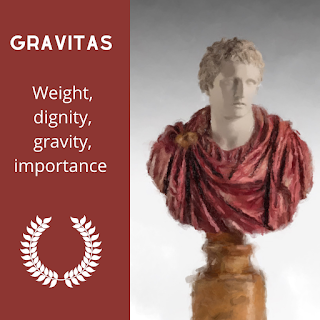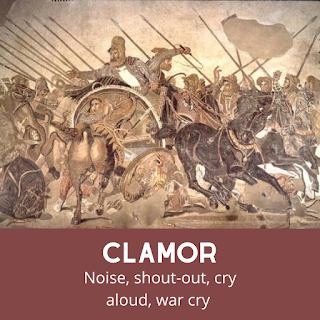I cannot stress enough how great Latin is for the soul and the mind. It’s just so educational. It didn’t mater if you’re a collage student going to Oxford or a professional in the business world, Latin is still applicable. One of my favorite aspects of the language is it is a gateway to better understanding pieces of wisdom known by the ancient philosophers, statesmen, Generals, and even Farmers. Cicero, of course, is one of the greatest figures in Roman history of not the world. This quote is of particular pertinence today. How many times do we see politicians ignoring the public welfare to push forward their own agenda? All to often. Although we can’t always control what other people do, we can always oversee our own actions. We should always make sure we are benefiting our fellow man whenever we can.


















